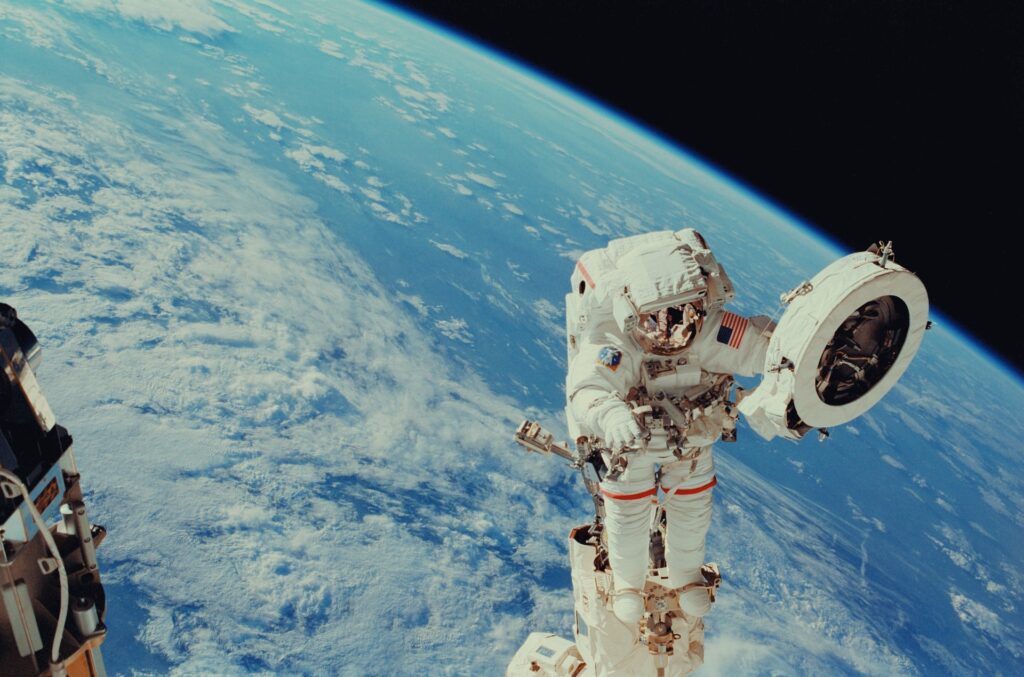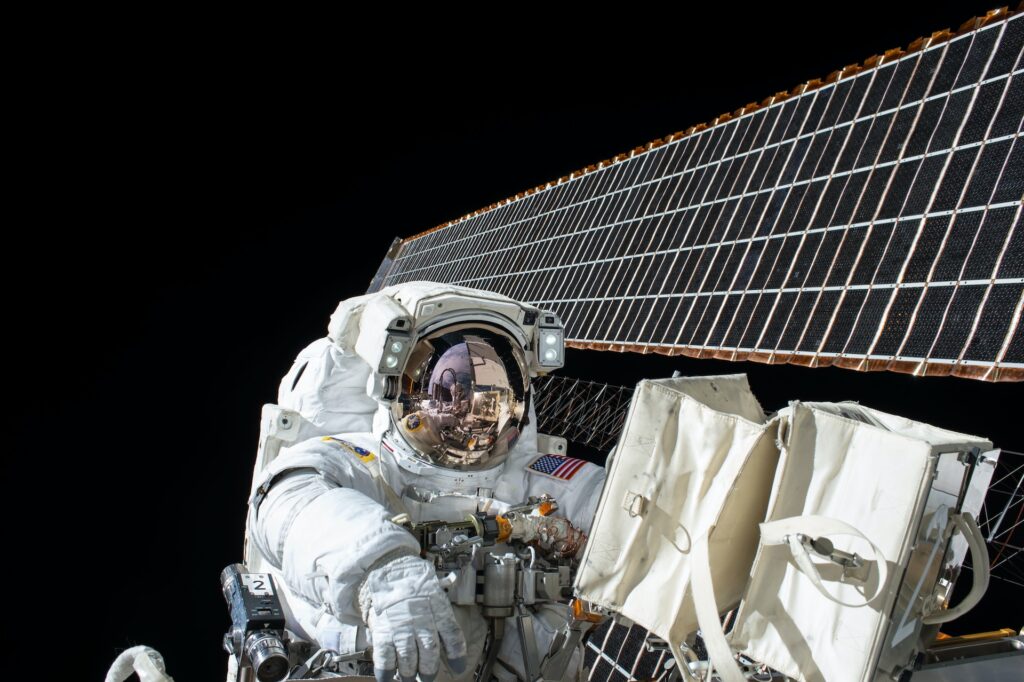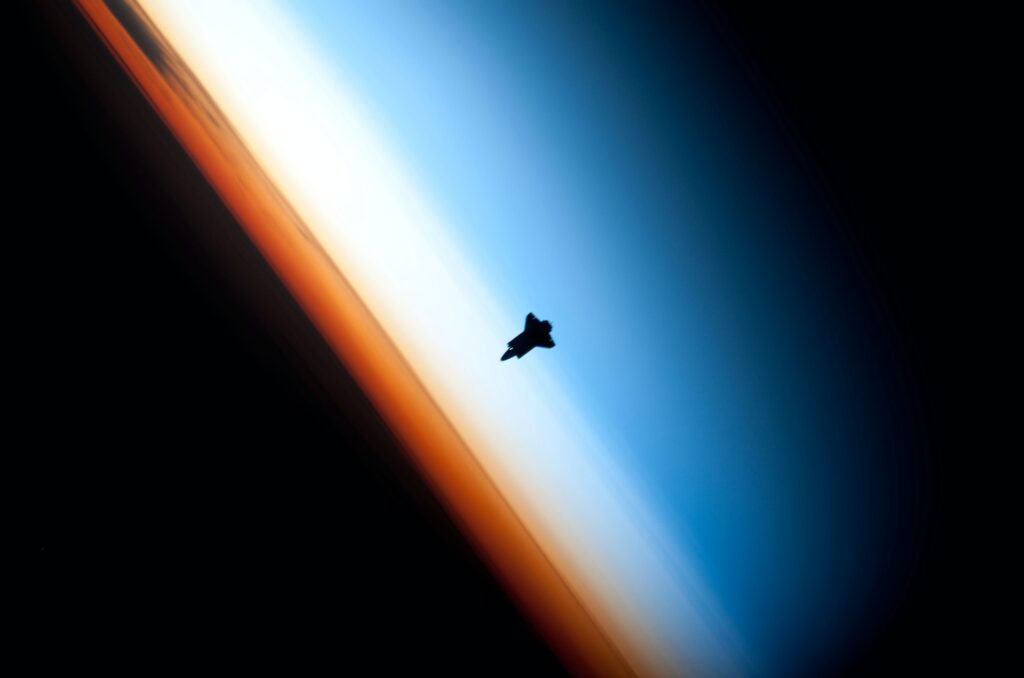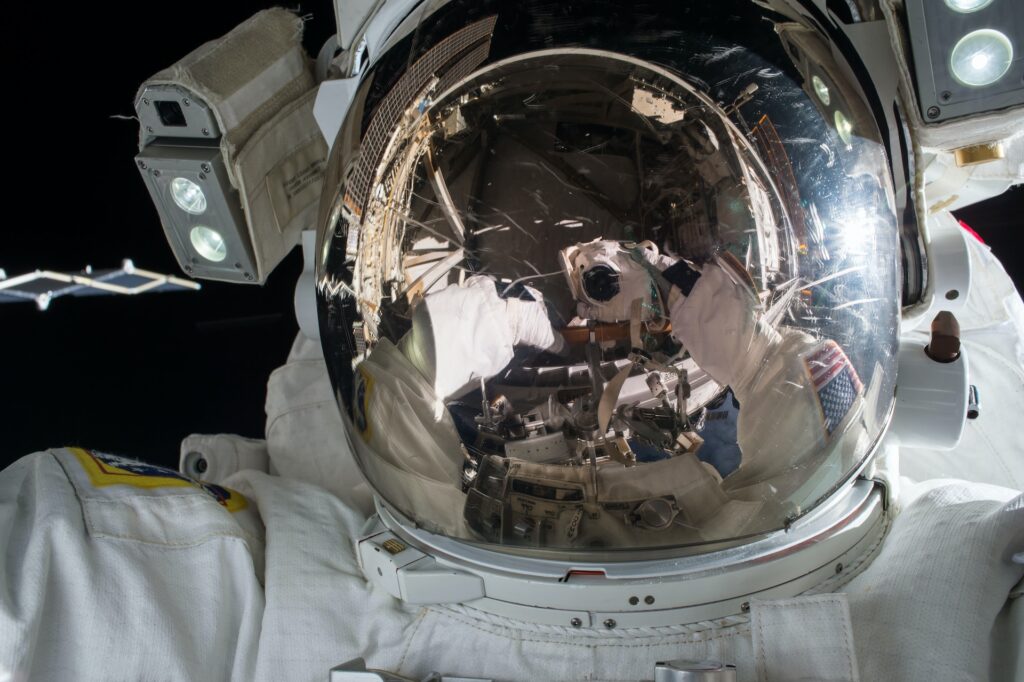How to Become An Astronaut: Passion and Perseverance
Dec 12, 2023

As an Amazon Associate, Modded gets commissions for purchases made through links in this post.
Have you ever wondered how to become an astronaut? Most people dream about going to space at some point in their lives, but very few ever leave Earth. Becoming an astronaut is incredibly challenging. It takes years of training, a lifetime of learning, stellar physical health and plenty of luck.
If you’re in high school or early in your college degree program, you still have plenty of time to prepare for a career as an astronaut. However, if you are already out of school, you may have fewer options. It’s not impossible, though.
The world needs more astronauts today, between NASA’s ambitious Artemis program and the rise in commercial spaceflight. What qualifications do you need to become an astronaut? How can you prepare to apply for the Astronaut Candidate Program?
College, Medical and Graduate School
If you want to know how to become an astronaut, start with the education component. At the bare minimum, every aspiring astronaut needs an advanced degree in a STEM field or medicine. (The exception to this is astronauts who qualify as pilots, which is described in the next section.)
Bachelor’s and Master’s Degrees
NASA requires all astronaut applicants to be U.S. citizens and hold at least a Master’s degree in engineering, biology, physical science, computer science or math. On top of their degree, applicants must also have at least two years of relevant professional experience in their field.
So, the major you choose in college, even in your undergraduate program, can impact your ability to qualify for the astronaut program. If you do not already have a degree in one of the acceptable fields, consider choosing a STEM degree in your undergrad or even going back to school.

Take advanced courses whenever possible and get the highest grades you can. During both undergraduate and graduate school, aspiring astronauts should pursue internships and research opportunities whenever possible. In fact, you can even intern at NASA, which can help you get your foot in the door. NASA also has a more advanced fellowship program for graduate students.
PhDs and Medical Degrees
A Master’s degree is the minimum degree required to be an astronaut, but it helps if you also have a PhD. Over 2,000 people apply for NASA’s astronaut program every year. If you have a PhD in your field, you will immediately stand out from most of them. It’s especially helpful if you conducted unique or in-depth research during your graduate studies, particularly in a topic related to spaceflight or a NASA research initiative.
Additionally, applicants from medical fields can apply with a Doctor of Medicine or a Doctor of Osteopathic Medicine degree. Remember, doctors play a vital role in any astronaut crew. It’s not just engineers and scientists who go to space. Medicine is a challenging career field, but applicants with this background can definitely stand out.
Military or Pilot Experience
There are two main tracks aspiring astronauts can aim for: pilot or mission specialist. A mission specialist can be anyone from a STEM or medical background. So, people who are qualifying from academia or careers in science and engineering are usually intending to be mission specialists.
Pilots have their own unique path to astronaut status. The very first classes of NASA astronauts were all test pilots from various branches of the military. Early spacecraft lacked any kind of automated control capabilities. So, the astronauts had to manually fly the spacecraft themselves. As a result, pilots were the best people for the job.

Pilots are still an important part of astronaut crews today. If you are interested in flying, learning to fly, or already pursuing a career in flight, you may be able to qualify for the astronaut program as a pilot. NASA usually recruits these candidates from the U.S. military’s test pilot programs.
Aspiring pilot track astronaut candidates must complete a nationally-recognized test pilot training program. They also need to have at least 1,000 hours of pilot-in-command flight time in a jet aircraft. The best place to get that experience is in the military.
Even if you want to qualify for the Astronaut Candidate Program as a pilot, you still need to pursue college and graduate school. In fact, there are a wide variety of military programs that can help you pay for your degrees, such as the ROTC programs offered at many universities. Choose a degree program in one of NASA’s accepted STEM fields. For a pilot, a degree in aerospace engineering would be particularly appropriate.
The Military Track Is Not Just For Pilots
It’s worth noting that you can qualify for astronaut candidacy through the military even if you are not a pilot. Plenty of today’s astronauts started their careers as engineers or scientists in a branch of the military.
It’s a good option for anyone looking to get plenty of technical, hands-on experience in a highly organized work environment. In fact, a military background can be excellent preparation for life as an astronaut. You’ll learn to work on a team, thrive under pressure, work in unideal conditions, apply technical knowledge, and follow important safety procedures and regulations.

Physical and Medical Requirements
If you’re wondering how to become an astronaut, you should probably start working out. Being an astronaut is an extremely physically demanding career. The Astronaut Candidate Program includes rigorous physical training, including military survival training, that can easily weed out those who lack strength and stamina.
Height
Fitness is important, but that doesn’t mean you need to be tall and bulky. There is actually a specific height range requirement for astronauts that tops out at 75 inches or 6 feet 3 inches (the minimum height is 5 feet 2 inches). On the ISS and launch vehicles, space is extremely limited. So, most astronauts need to be fit but lean and not too tall.
Vision
Astronauts also need to have vision that is correctable to 20/20 in each eye. If you need glasses, don’t panic. Plenty of astronauts today don’t have natural 20/20 vision. You can get eye surgery to correct your vision or even wear glasses or contacts. An estimated 80% of astronauts wear glasses or contacts, so it definitely won’t ruin your chances of getting into space.
Health Complications
Aspiring astronauts also need to pass a rigorous physical where NASA physicians analyze all aspects of their health. Serious medical conditions can disqualify you from becoming an astronaut, including heart issues, severe scoliosis, certain kidney problems, certain severe mental health issues and more.
Endurance, Teamwork and Mindset
The long-duration spaceflight physical also includes an array of intense physical challenges that test fitness as well as endurance, stamina and teamwork. The ability to work well with others, communicate and follow orders are all absolutely critical in space.
You can be a great candidate on paper, but if you have a bad attitude, you will not make it into the astronaut program. In fact, the physical does include a mental health evaluation. There are personal interviews, as well. So, having a calm, level-headed mindset is essential.

The Astronaut Candidate Program
If you want to know how to become an astronaut, the goal to aim for is the Astronaut Candidate Program. NASA receives thousands of applications for this program every year. In fact, in 2016 alone, they received over 18,300 applications, a new record. Out of those thousands of people, only about 10 will actually make it to the Astronaut Candidate Program.
So, getting past that first major hurdle and all the challenges of the application process is a huge accomplishment. You may be shocked to learn that not every person who makes it to the Astronaut Training Program actually becomes an astronaut.
Some candidates “wash out” and don’t make the cut. Others simply never get selected for a mission. However, many candidates who work hard and stick with the program do achieve their dreams of traveling to space one day.
How to Become An Astronaut: Passion and Perseverance
Becoming an astronaut is an extremely challenging feat. For most astronauts, the title alone is the accomplishment of a lifetime. Plenty of people have made it to space against incredible odds. So, it’s definitely not impossible.
Keep in mind it’s important to love your job. So, choose a career field you genuinely enjoy. Follow your interests and passions in that field and excel as much as you can. This will improve your chances of making the cut for the Astronaut Candidate Program, but it will also ensure you enjoy your career even if you don’t get to the stars.





